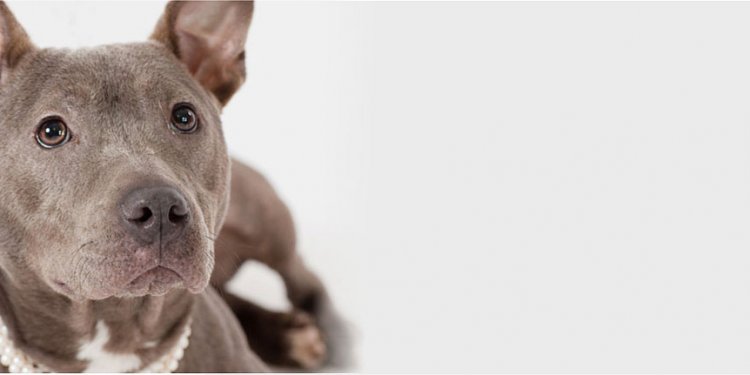
Humane Society Hialeah FL
HIALEAH, Fla., Aug. 16— When Ernesto Pichardo opened his church just two blocks from City Hall here, he felt free at last, going public with the santeria religion, a faith that for years had been practiced underground by thousands in South Florida.
Hialeah officials were outraged. They knew that santeria involves the ritual killing of animals, and they rushed into law an ordinance outlawing the sacrifices.
Now two years later, in Federal court in Miami, Mr. Pichardo and Hialeah are locked in a battle drawing attention from legal experts around the country about where the interests of religion end and the interests of the state begin.
Mr. Pichardo and his church argue that Hialeah wants nothing less than to keep the followers of santeria from practicing their religion. The city argues that it has the right to prevent cruelty to animals.
The battle has come to include humane societies that want to protect animals and and children's groups that want to protect youngsters from what they say is possible psychological damage that could result from witnessing the slaughters. And in this city of 180, 000 people, 85 percent of whom are Hispanic, the fight has come to reflect a cultural division among Cuban-Americans. Some are embarrassed by santeria, saying its practices, rooted in ancient African religions with a touch of Roman Catholicism, reflect badly on all Cuban-Americans.
Marc Paulhus, director of the southeast Florida office of the Humane Society, called santeria ''a bloody cult whose continued presence further blights the image of South Florida.''
Mr. Pichardo responded: ''We're no crueler to an animal than when it is butchered for eating. All they're doing is forcing us to practice our faith as if we're outlaws.''
Santeria came to the Miami area with the Cuban immigrants who began pouring in during the early 1960's fleeing the Communist regime. Although the religion has been practiced underground, the region is dotted with evidence of its existence: the remains of animals are found in streets and parks and there are many shops, called botanicas, that sell ritual paraphernalia and fill prescriptions from santeria priests.
The religion originated among slaves in the Caribbean. Spanish colonists, who were Catholic, would not tolerate the Africans' pagan beliefs, so the slaves associated their gods with the Catholic saints. The religion's name, santeria (pronounced sahn-teh-REE-ah), is Spanish for ''saint worship.''
Practitioners believe in a supreme god, Olodumare, and in a pantheon of lesser deities who have power over specific areas like weather or health. A person with health problems might go before the altar to Babalu Aye, the diety of illnesses. A process of divination, perhaps the reading of coconut shells that had been tossed, would tell a priest how to proceeed.
If the shells indicated an animal sacrifice, there would be prayers and then the animal, perhaps a chicken or a goat, would be killed by slashing its arteries. Sometimes the killing is accomplished with a single cut. Other times, the animal is cut or stabbed repeatedly or perhaps eviscerated. The theory is that the soul of the animal as it travels to the spirit world acts as an intermediary on behalf of the supplicant. Sometimes the animal is cooked and eaten, depending on the ritual.
Hialeah officials, in their court arguments, say they are concerned about public health because of the disposal of animal remains, but primarily they say they are concerned about cruelty to animals.
The Hialeah law specifically prohibits the sacrifice of any animal, which it defines as killing ''in a public or private ritual not for the primary purpose of food consumption.'' The city argues that the effect of the law is not to single out santeria, which might make the measure unconstitutional. Rather, it is intended only to curb abuse of animals, they say.

















